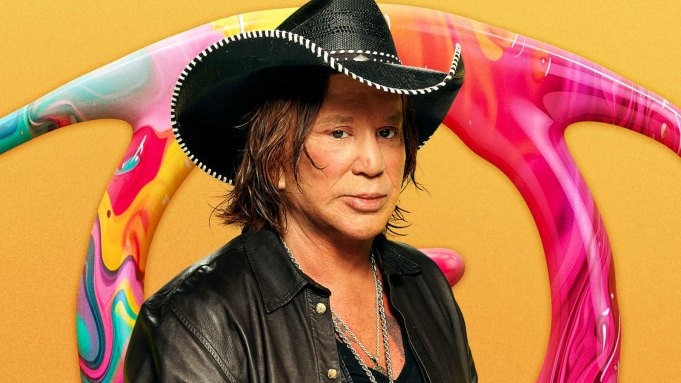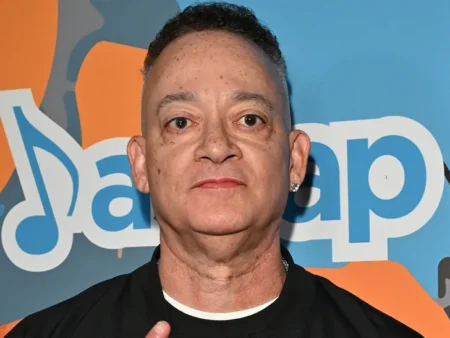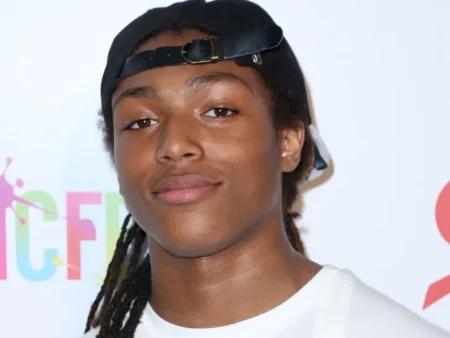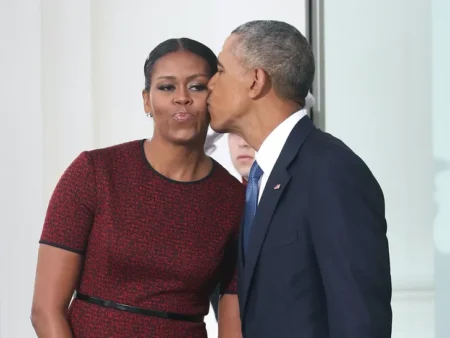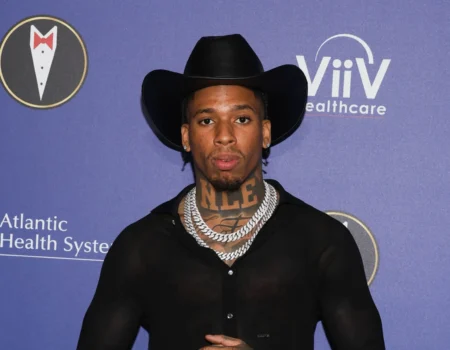TikTok Challenges U.S. Ban at Supreme Court: A Battle Between Free Speech and National Security
The Supreme Court has agreed to hear TikTok’s appeal for an emergency injunction against a federal law that mandates the popular app’s Chinese parent company, ByteDance, divest its stake or face a U.S. ban. The court’s decision, set for January 10, 2025, is poised to weigh Americans’ constitutional First Amendment rights against the U.S. government’s national security concerns.
This expedited timeline ensures the court will rule before the law’s implementation date of January 19, 2025.
Key Legal Question
At the center of the case is whether the Protecting Americans from Foreign Adversary Controlled Applications Act violates the First Amendment. According to the Supreme Court’s docket, the question focuses on whether the law infringes on TikTok users’ free speech rights by targeting the app’s ownership rather than its content.
TikTok expressed optimism in its official statement:
“We believe the Court will find the TikTok ban unconstitutional so the over 170 million Americans on our platform can continue to exercise their free speech rights.”
Background on the TikTok Ban
Signed into law by President Joe Biden in April 2024 with bipartisan support, the legislation requires ByteDance to sell its TikTok stake to non-“foreign adversary” entities or face a ban. Lawmakers and national security experts have voiced concerns that TikTok’s Chinese ownership could allow the Chinese Communist Party (CCP) to access Americans’ data or spread propaganda.
Proponents of the law argue that it’s not a ban but a safeguard against foreign influence. A December ruling by the U.S. Court of Appeals for the D.C. Circuit upheld the law, stating:
“The TikTok-specific provisions instead straightforwardly require only that TikTok divest its platform as a precondition to operating in the United States.”
TikTok’s Defense
TikTok has countered that the law infringes on the free speech rights of its users and would devastate the platform’s 170 million U.S. users and millions of businesses relying on the app. The company, which contributed $24 billion to the U.S. economy in 2023, argues that ByteDance’s majority ownership does not equate to control by the Chinese government.
TikTok CEO Shou Zi Chew has repeatedly emphasized that ByteDance is 60% owned by global institutional investors such as BlackRock and General Atlantic.
The Political and Legal Landscape
The upcoming Supreme Court decision follows years of scrutiny over TikTok’s ownership. During his first term, Donald Trump unsuccessfully attempted to force ByteDance to divest TikTok, citing similar national security concerns. Federal courts struck down those efforts on First Amendment grounds.
Now President-elect Trump, set to take office in 2025, has expressed mixed feelings about the app, noting its influence among young voters. Speaking at a press conference, Trump said:
“We’ll take a look at TikTok. I have a warm spot in my heart for TikTok.”
The legal saga also mirrors a federal judge’s 2023 ruling that blocked Montana’s statewide TikTok ban, citing constitutional violations.
Stakeholders and Reactions
In a rare move, Sen. Mitch McConnell (R-Ky.) filed an amicus brief urging the Supreme Court to uphold the ban, calling TikTok “a clear national-security threat” under CCP control.
“Any injunction would delay divestiture beyond what the law prescribes, playing into TikTok’s strategy of stalling until the next administration,” McConnell warned.
Meanwhile, TikTok users, creators, and businesses have rallied in opposition to the ban, highlighting the platform’s vital role in fostering creativity, commerce, and community.
What’s Next?
The Supreme Court’s ruling could redefine the boundaries between free speech and national security in the digital age. The decision will not only determine TikTok’s future in the U.S. but could also set a precedent for how the government regulates foreign-owned tech platforms.
With oral arguments scheduled for January 10, all eyes are on the high court as it deliberates this pivotal case.
Join the Conversation
Do you believe the TikTok ban infringes on free speech, or is it a necessary step to protect national security? Share your thoughts using #TikTokBan and #FreeSpeechDebate!








